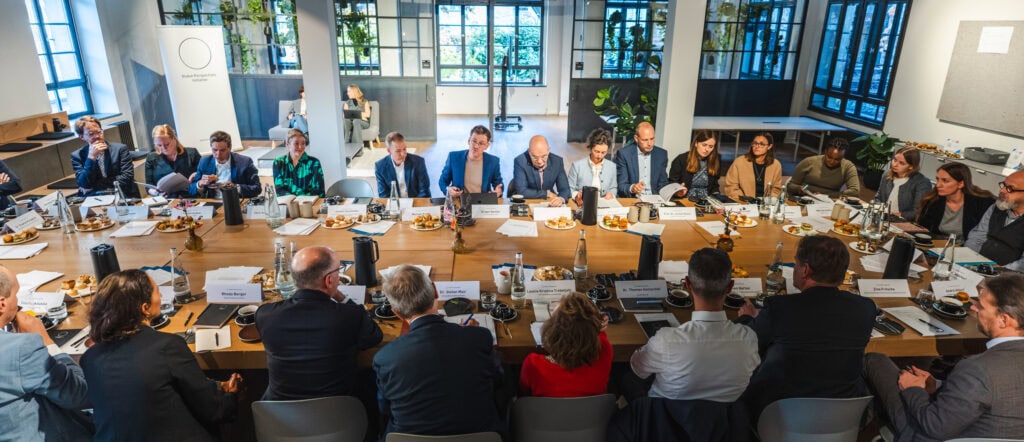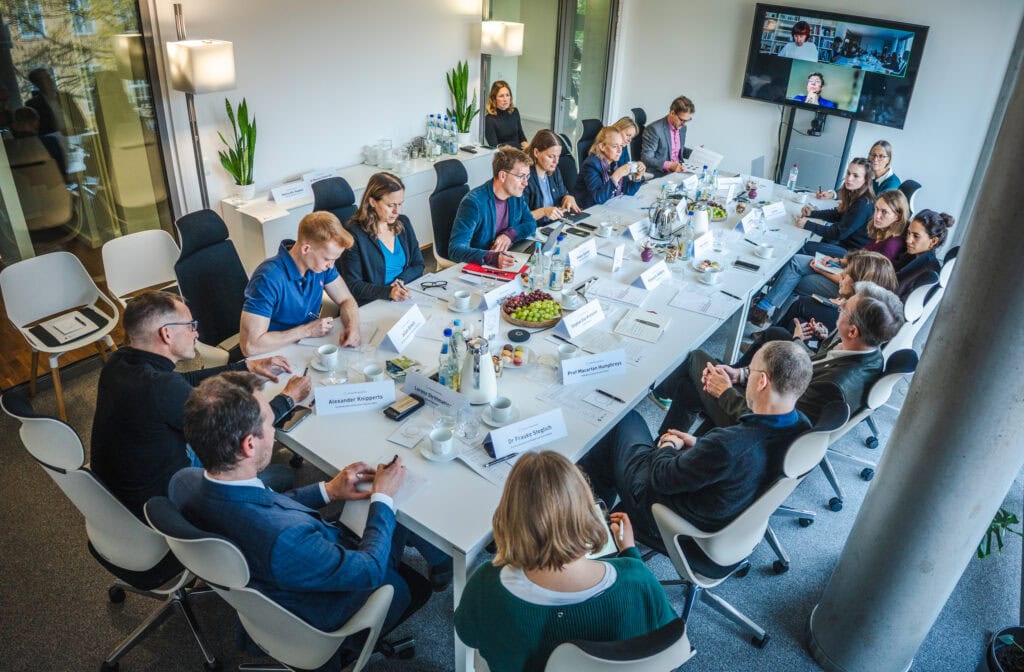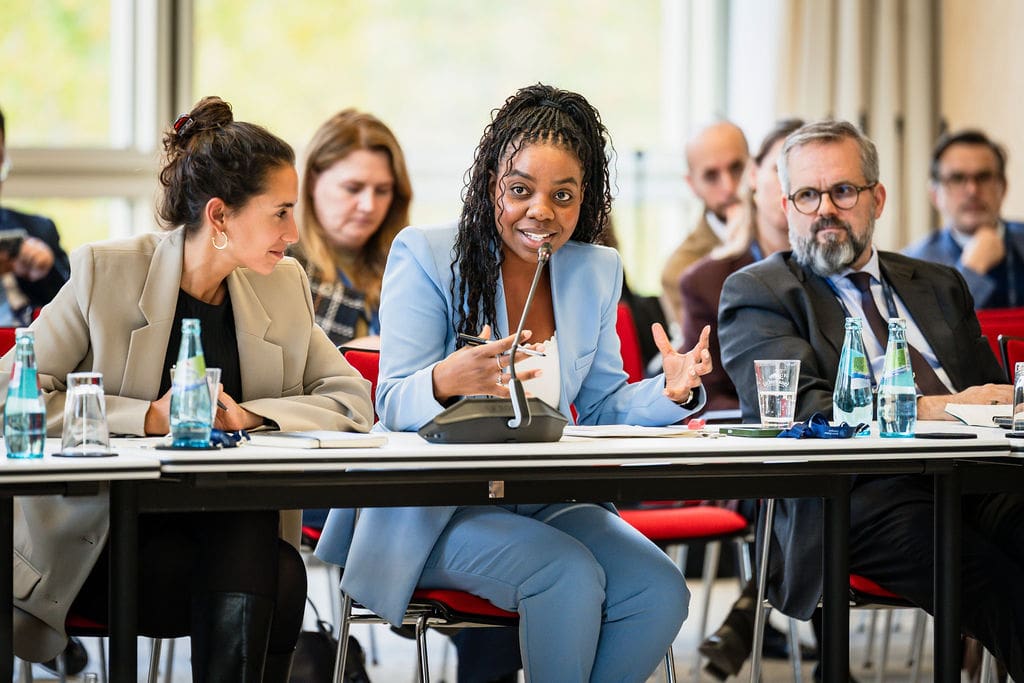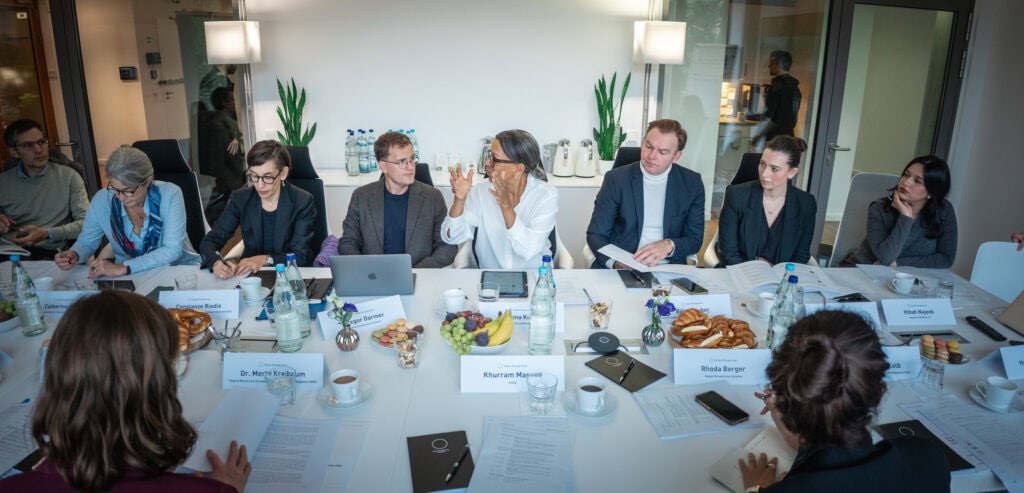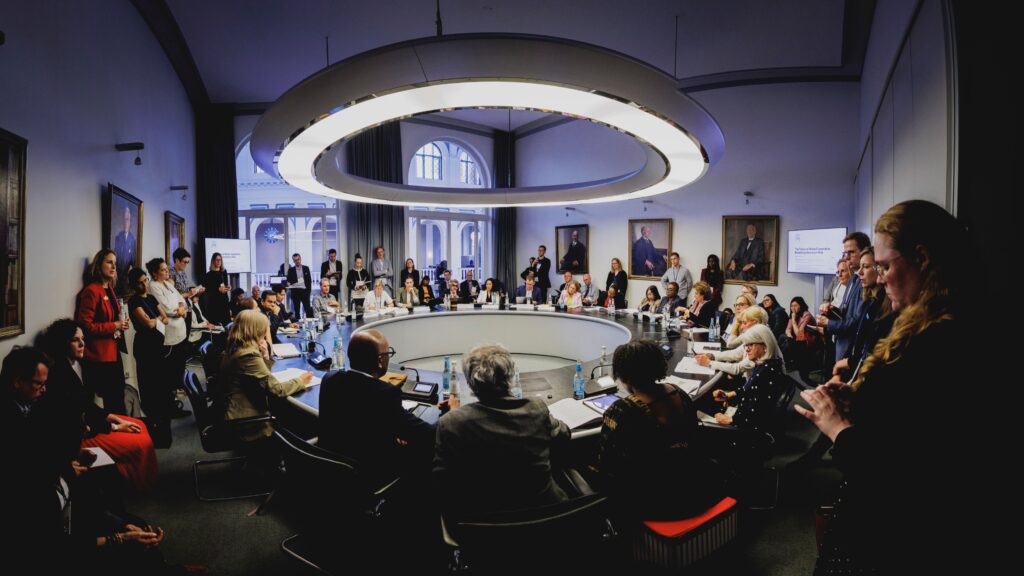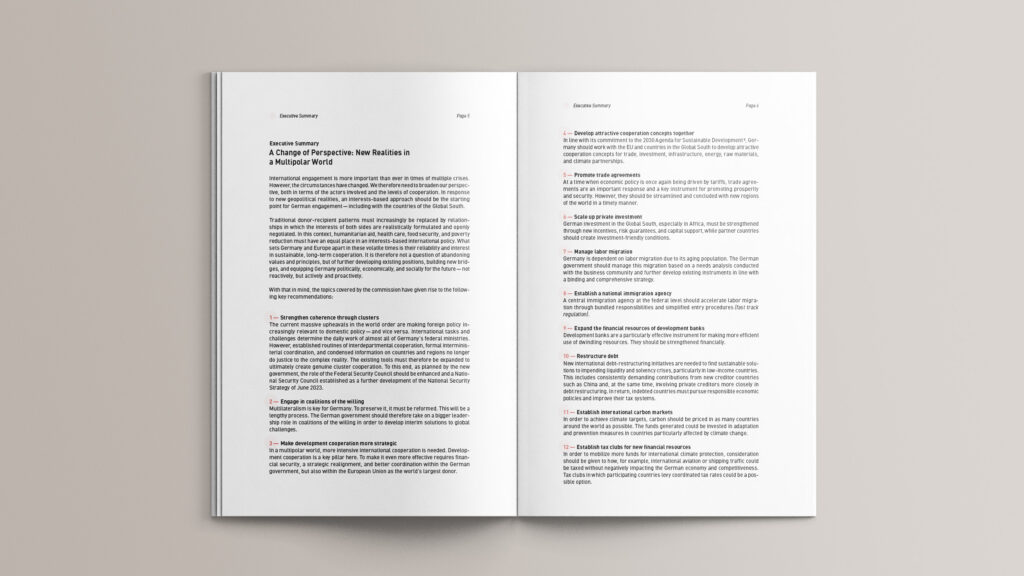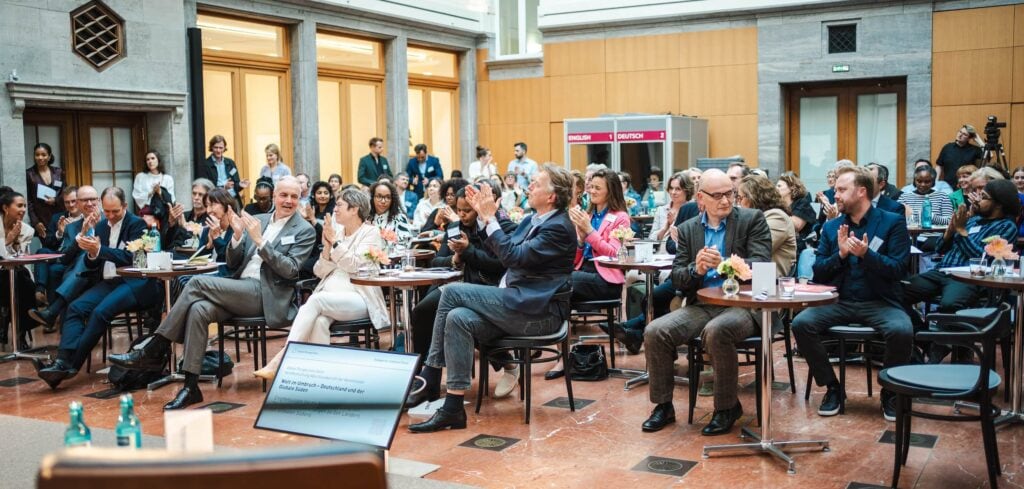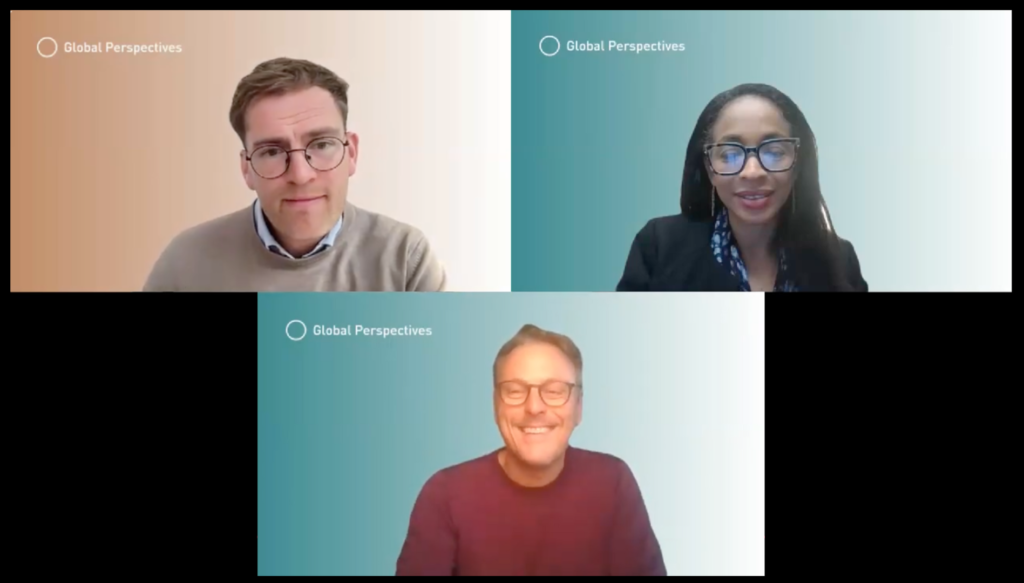Conference
Jobs or Migration?
An African Perspective
Conference: Jobs or Migration?
November 4, 2019
Allianz Forum, Berlin
In a historical context, migration is the norm of our history that cannot be prevented, but must be shaped proactively. This process needs to be evolved in cooperation between Africa and Europe. Germany is a key actor in this context.
We discussed the discrepancy between the facts on migration and public misperceptions in Europe. Furthermore, we shed light on the driving factors of African migration and the necessary conditions for a robust employment market trend as well as population growth. This intercontinental discourse between African and European experts, highlighted how to shape migration in an intelligent and human way.
Speakers
Key Topics
Facts vs. Misperception
In Europe, migration is primarily perceived as a crisis and Africa as the continent responsible for the majority of migration to Europe. Mo Ibrahim contradicted this and referred to scientific research: African migrants make up only 14% of global migration, while 41% come from Asia and 24% from Europe.
Economic Prospects
The reasons for migration in Africa are obvious: Oby Ezekwesili emphasized that in sub-Saharan Africa alone, 18 million new jobs would have to be created every year in order to offer the growing number of young people prospects on the labour market. However, the market is currently only growing by 3 million jobs a year.
Demographic Development in Africa
Africa is the world's youngest continent. The population growth has the potential to boost economic development. At the same time, family planning plays a crucial role. Activist Rosebell Kagumire from Uganda called for "women to be able to live self-determined lives. Above all, this means being able to decide freely how many children they have".
Bidges of Cooperation
Shaping migration means, above all, talking about strategic solutions together. Prime Minister Laschet emphasized: "Germany and Europe would do well to take a long-term perspective on migration, the economy and development in Africa. This is exactly why we need forums like this one, to look beyond our borders and engage more intensively with the future topic of migration."
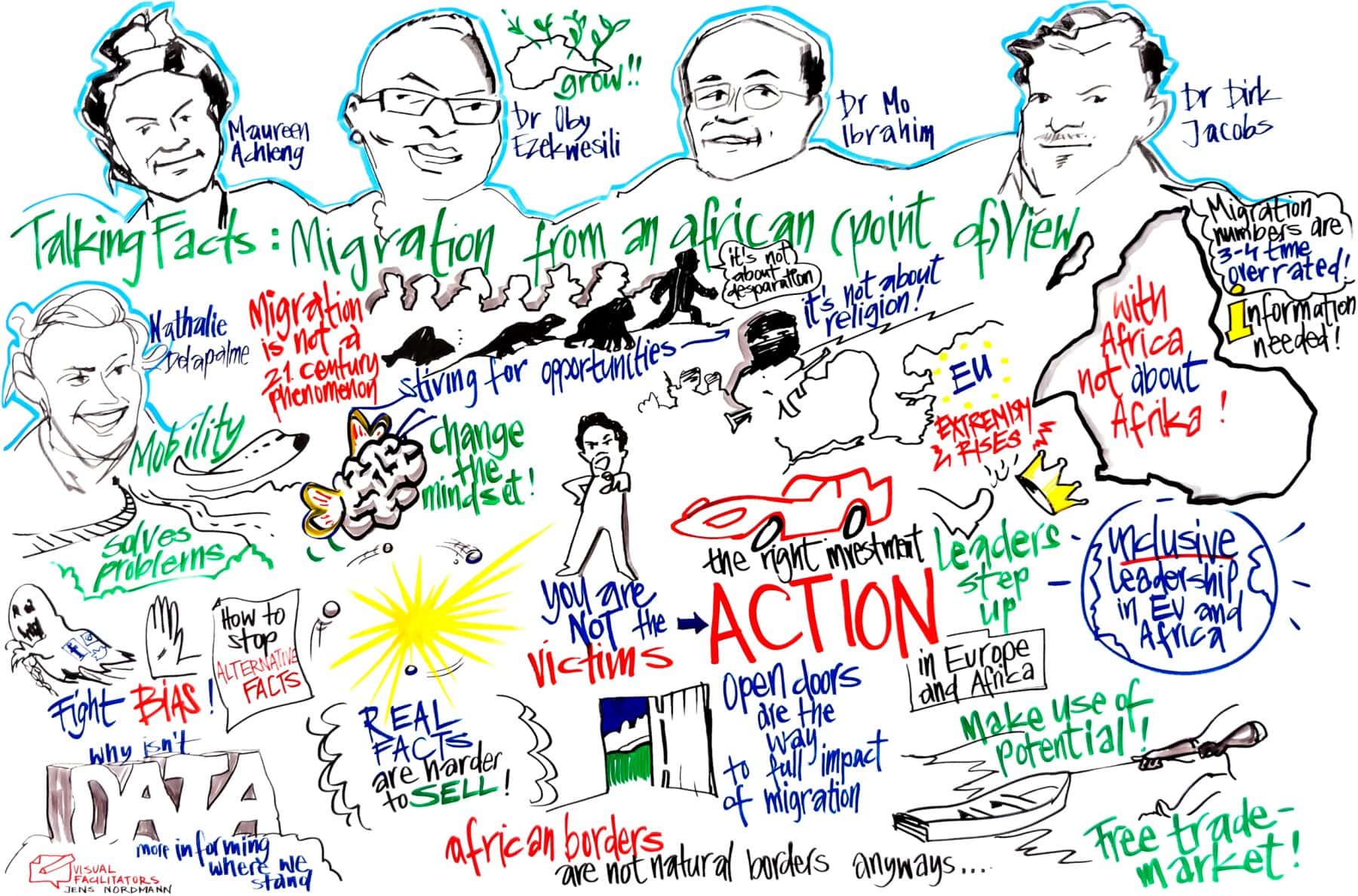
Visual Recording - Talking Facts: Migration from an African Point of View
Rights: Jens Nordmann, Visual Facilitators for Global Perspectives Initiative, 2019
Moderation
Contact Persons
Rhoda Berger, r.berger@globalperspectives.org
Conference
In this large-scale format, we offer a platform for experiences and expertise. In close cooperation with our partner organizations, we gather many people around one shared topic.
Program Archive
Africa’s critical minerals are essential to Europe’s future, playing a significant role in the green transition and industrial competitiveness. The Follow-Up to the 9th edition of the Roundtable.
In the ninth edition of the Africa Roundtable, we discussed how Europe and Africa build partnerships that turn Africa's raw material wealth into local value creation.
This paper explores how Africa can add value to its critical minerals, boost local processing, and drive green industrialization while strengthening regional and global supply chains.
We discussed with State Secretary Niels Annen how development policy can be integrated into networked foreign, security, and economic policies.
US tariffs changes are causing new uncertainties in global trade. Together with ONE and Pinelopi K. Goldberg, we discussed how international development policy needs to be realigned.
As traditional trade relations shift, strengthening local value chains, enhancing trade agreements, and mobilizing private capital are key to building more resilient and mutually beneficial economies.
Our speaker James Irungu Mwangi shared his perspective on how to accelerate climate action and investment across Africa. Together, we discussed what it will take to mobilize the green finance needed.
Germany is a country of immigration. Building on our Commission's recommendations for action, we discussed ways to better manage and communicate labor migration.
Europe and Africa have the chance to advance technology and shape the future of the global space economy together through cooperation.
